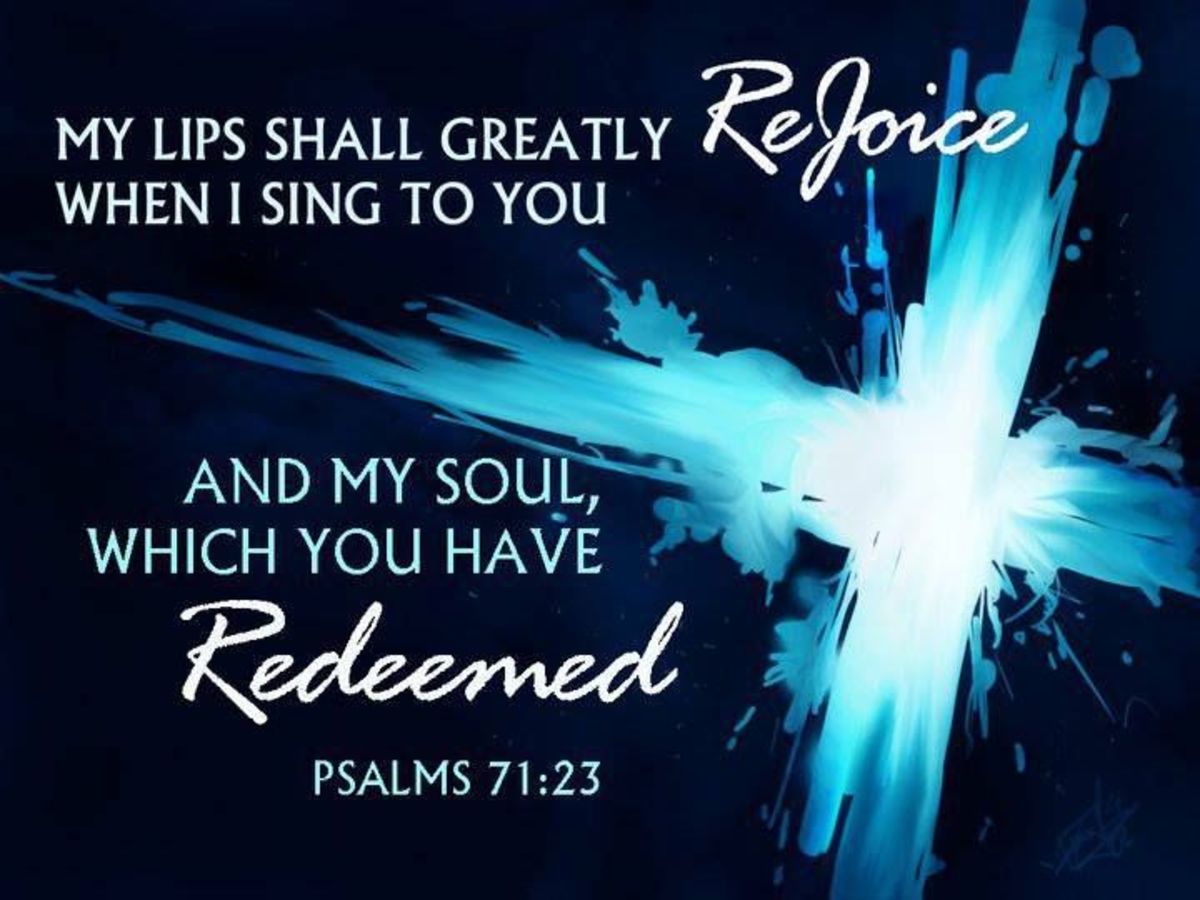

For a few years, “new wave,” nebulous and vague as it was, worked. New wave bands might have crawled out of pub-rock or twisted out of power pop, edged in from the synth-pop field or rock-reggae terrain. Not just an angry blur or blitz, but bands considering topics rarely explored in pop music and bands that turned the beat around. “Punk rock” he said, “kicked open the door for bands like us.”Īnd what did Sting mean by “bands like us”? Well, you could debate that endlessly, but let’s say he was talking about bands that were most often then considered “new wave,” a term that was broad and sometimes used in a derogatory manner to imply “lame” or “watered down.” But at its best, new wave meant bands influenced or stimulated by punk rock, but perhaps showing a bit more diversity, scope and range. I got up a bit on my high horse, declaring the Police were not a punk band.

It was backstage at the Paradise club in Boston after a scorching Police set. It was 1979 and I was in the midst of a good-natured tussle with Sting.

Steely Dan’s Final Concert With Walter Becker.Watch Glenn Frey and Son, Deacon, Perform Together.The 5 Album of the Year Grammys From 1975-1979.Todd Rundgren’s ‘Something/Anything?’ An Extravagant Opus.


 0 kommentar(er)
0 kommentar(er)
